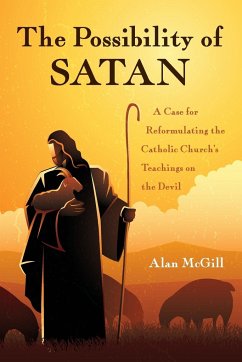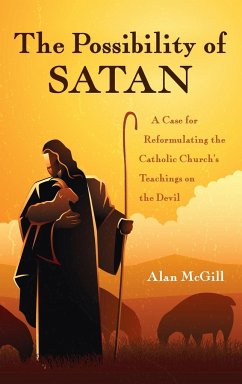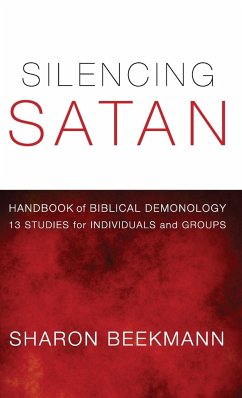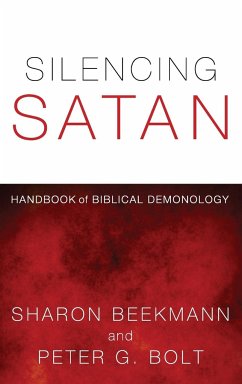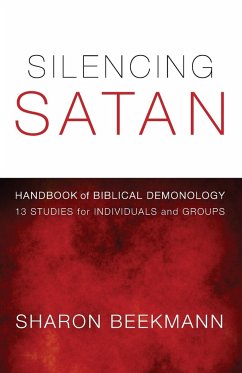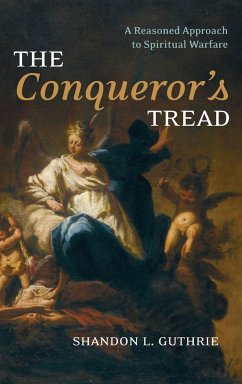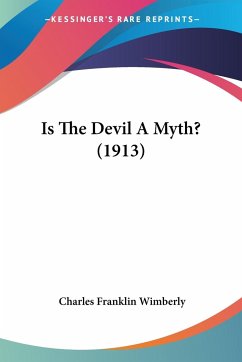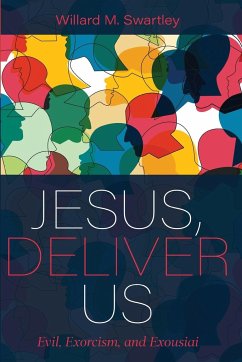Can we know that Satan exists as a particular, disembodied spirit? Current Catholic teaching insists that Satan exists as a person, a fallen angel who has instigated the Fall of humanity, continues to influence humans today, and constitutes a singular nemesis to God. How, one might ask, could human beings know such a thing with certainty? In response, this book seeks to rescue the mythical language in which the doctrine of Satan is rooted so that it is freed from the unreasonable expectation that it affirms the existence of a particular creature, and can instead express theological truth that is of relevance to all free-willed creatures. In doing so, it addresses thorny questions concerning the interpretation of Scripture, the relationship between God and evil, between doctrine and truth, between the Church and modernity, and between the condemnatory impulses apparent in Christian thought and the doctrine of an omnipresent God of infinite mercy. The book detects in the doctrine of Satan the expression of fundamental truths concerning the Creator-creature relationship--truths that are too easily obfuscated in current formulations that invite either fundamentalism or incredulity.

